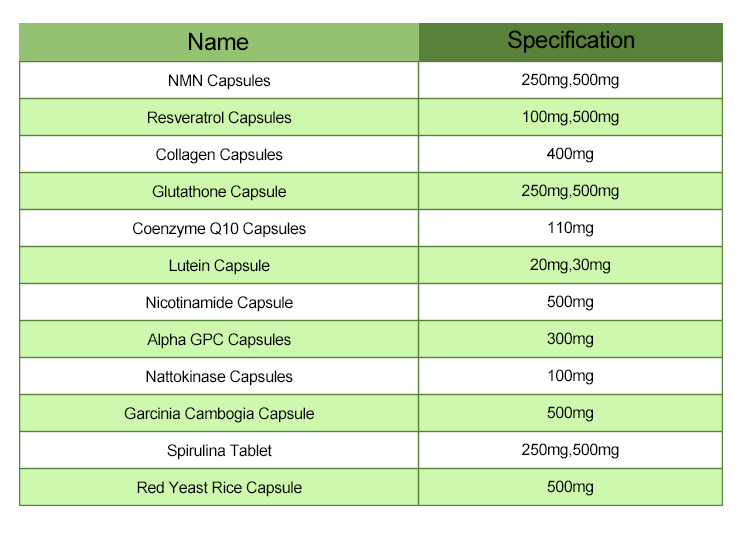Resveratrol capsules are a type of dietary supplement that contains resveratrol, a natural compound found in certain plants, particularly in the skin of red grapes, peanuts, and berries. A comprehensive study on resveratrol capsules would likely cover various aspects of this supplement, including its potential health benefits, mechanisms of action, dosage recommendations, safety profile, and potential side effects. Resveratrol is a natural compound found in certain foods like grapes, red wine, and peanuts, and it has gained attention for its potential health-promoting properties.
Here’s an outline of what such a study might entail:
Introduction to Resveratrol: Provide an overview of what resveratrol is, its chemical structure, natural sources, and historical context.
Health Benefits: Summarize the reported health benefits of resveratrol, including its potential antioxidant, anti-inflammatory, cardioprotective, neuroprotective, anti-cancer, and anti-aging effects. Discuss relevant preclinical and clinical studies supporting these claims.

Mechanisms of Action: Explore the mechanisms through which resveratrol exerts its effects on the body, such as activation of sirtuins, modulation of gene expression, and scavenging of free radicals.
Dosage Recommendations: Review recommended dosages of resveratrol for various health conditions based on available research. Discuss factors that may influence optimal dosage, such as age, weight, and health status.
Bioavailability: Address the issue of resveratrol’s poor bioavailability and strategies to enhance its absorption, such as the use of specific formulations or delivery systems.
Safety Profile: Evaluate the safety of resveratrol supplementation, including potential adverse effects and interactions with medications or other supplements. Summarize findings from toxicity studies and clinical trials assessing its safety profile.
Clinical Evidence: Provide a critical analysis of clinical studies investigating the efficacy of resveratrol supplementation for specific health outcomes, such as cardiovascular disease, diabetes, cognitive decline, and cancer prevention.
Current Challenges and Future Directions: Discuss current limitations in the research on resveratrol, such as variability in study designs, inconsistent results, and the need for long-term clinical trials. Highlight areas for future research to better understand the potential benefits and limitations of resveratrol supplementation.

Conclusion: Summarize the key findings of the study and offer practical recommendations for healthcare professionals and consumers regarding the use of resveratrol capsules as a dietary supplement.
References: Provide a comprehensive list of references cited throughout the study, including peer-reviewed research articles, clinical trials, and expert reviews on resveratrol supplementation.
This comprehensive study would aim to provide a balanced and evidence-based assessment of resveratrol capsules, helping healthcare professionals and consumers make informed decisions about their use for health promotion and disease prevention.
